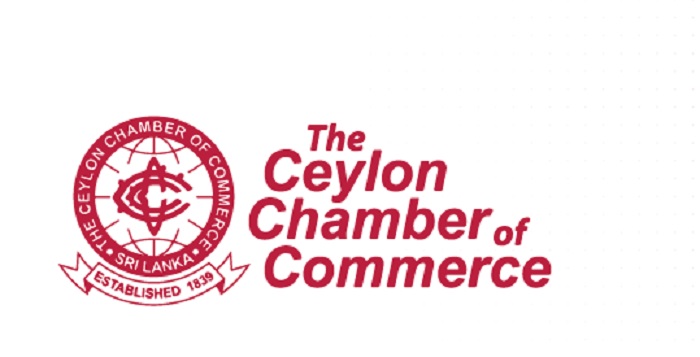
- Ceylon Chamber Says Budget 2026 Reinforces Policy Stability, Calls for Faster Implementation of Reforms to Achieve Growth Targets
The National Budget 2026 maintains a clear trajectory of policy predictability, fiscal consolidation, and disciplined debt management, continuing the stability required for Sri Lanka’s medium-term reform agenda. This consistency is critical for sustaining a transformative growth trajectory that is underpinned by low inflation, stable interest rates and renewed investor confidence.
With economic recovery driven primarily by post-crisis consumption growth now moderating, The Ceylon Chamber of Commerce underscores the importance of converting recent fiscal over-performance into productive public investment. Well-directed and well-implemented capital expenditure especially in infrastructure, digital services, transport, tourism, energy, education, health and agriculture can form the next engine of economic growth. This should be complemented by targeted social and poverty alleviation measures to ensure that growth remains inclusive and broad-based.
The Chamber is encouraged to see that 18 of its proposals have been incorporated into the National Budget 2026, including areas such as:
- Trade Facilitation: Development of the Trade National Single Window and introduction of a new Tariff Policy that would phase out para-tariffs
- Investment Promotion: Implementation of the PPP Framework, a digital Single Window for approvals, reduced thresholds for capital allowances, and a new residence visa scheme for investors.
- Digital Transformation: Issuance of the first Digital ID in 2026, national data exchange infrastructure, 5G licensing, and zero service fees for online payments to the government.
- Land Management: Advancements toward a National Land Use Plan, digital land information systems, and improved efficiency in land release for investment.
- Tourism Development: Resumption of the BIA expansion project, improved connectivity, and cultural and heritage promotion.
- Public Sector Reforms: Introduction of the Public Commercial Business Management Act to strengthen SOE governance.
While the Budget outlines several important reforms, the Chamber highlights three critical areas requiring greater focus to ensure sustained revenue mobilisation, efficiency gains, and policy execution:
- Ensuring effective implementation of key budget proposals with timelines:
Execution will determine the success of the Budget. Delivering on commitments such as the Trade National Single Window, PPP legislation, implementing of the destination marketing plan for tourism, and digital transformation initiatives is vital to translating policy intent into measurable outcomes.
Strengthening tax administration:
Strengthening tax administration to widen the tax net, improve compliance, and reduce leakages remains essential. Revenue gains must increasingly come from better enforcement and system improvements rather than from rate increases alone.
Improving public sector efficiency:
The ambitious reform agenda particularly in digital government, SOE restructuring, land management, and trade facilitation—requires substantial improvements in institutional capacity, coordination among agencies, and timely decision-making.
The Chamber also notes that the Budget could have further strengthened investor confidence through a targeted investment incentive package, particularly in light of Sri Lanka’s potential to position itself as a strategic supply chain partner amid ongoing global trade realignments. Clear and competitive incentives are essential to attract large-scale, export-oriented, and technology-driven investments necessary to achieve the 7% growth target outlined in the Budget. The Chamber also underscores the importance of clarifying the future direction of the Economic Transformation Act, especially regarding reforms to key investment institutions and tie reform progress under the B-Ready Index. Furthermore, the Chamber urges that legislation related to SOE and PPP reforms be fast-tracked to deliver the growth dividends expected from these structural measures.
The Ceylon Chamber remains committed to working closely with the Government, development partners, and the private sector to ensure the effective implementation of these reforms. Sustained delivery on structural and institutional reforms will be key to ensuring that Sri Lanka’s current economic and fiscal stability is translated into durable, broad-based, and long-term growth.
